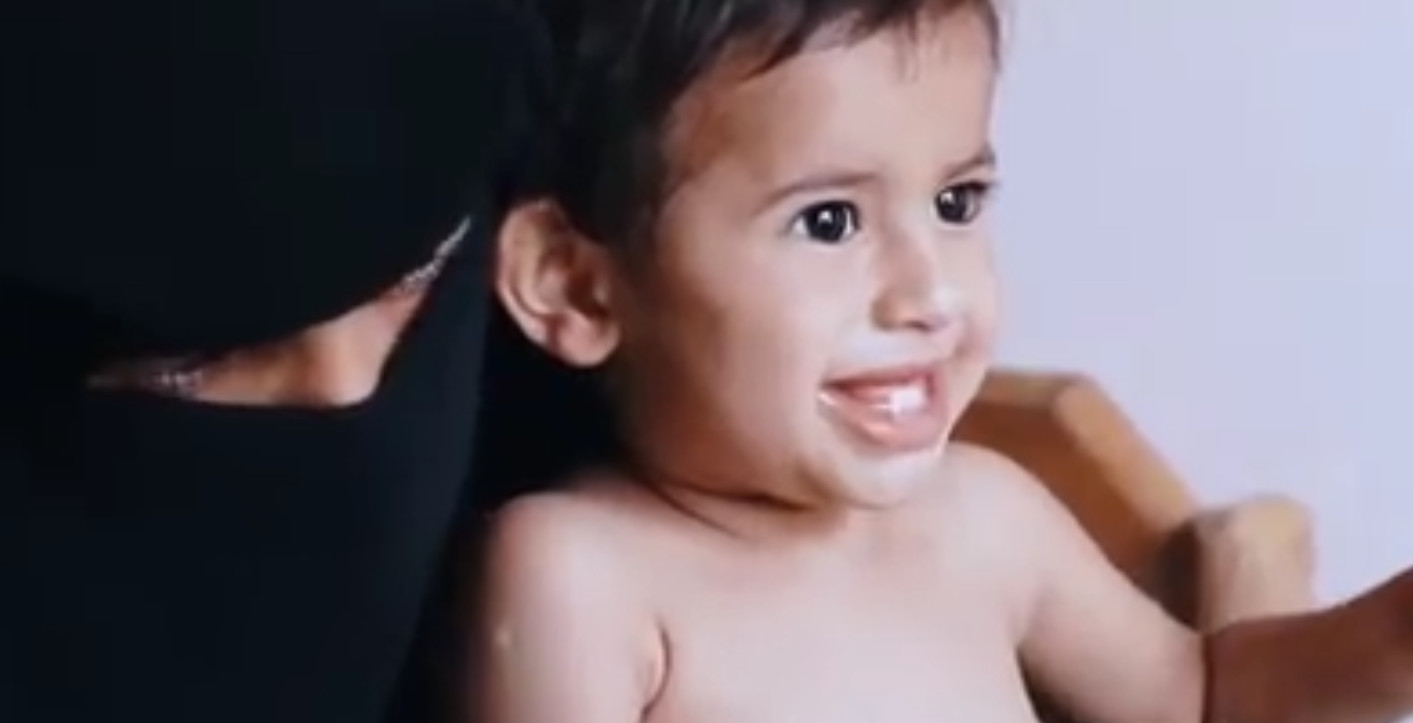
UNICEF in brief:
UNICEF was known by the following name: “The United Nations International Children's Fund” or the United Nations Children's Fund. It was founded in 1946 and established by the UN General Assembly with its headquarters in the United States of America. UNICEF is present in 155 countries around the world and operates to meet the needs of children. The organization has received numerous awards, including the 1989 Indira Gandhi Prize and the 1965 Nobel Peace Prize.
UNICEF areas of work
Among the areas that highlight its work are:
- Support the rights of women and children.
- Analyze the needs of children and women and formulate them in reports in coordination with the host country.
- Provide assistance to children in need of protection, whether in kind or material.
- Provide vaccine doses for children in developing countries.
- Raise donations and set policies aimed at caring for children
UNICEF interventions in Yemen
UNICEF's interventions include establishing projects designed to maintain a health system that provides better care for children in Yemen.
Interventions also include presenting statistics on the suffering of children, such as statistics of child victims affected by the conflict and war in Yemen. UNICEF in addition contributes to offering grants to support nutrition in Yemen.
The organization also provides aid and treatment for children victims of war, those who have lost their families, or homeless children. UNICEF provides psychological and material support, offers a range of assistance, and secures and protects children from all manifestations of exploitation or trafficking in them or their organs. UNICEF, furthermore, provides medical care, clothing, food, medicine and shelter to the targeted groups.
Sources:
Related articles
- Khubara and Al-Adi water project ends a suffering that lasted about 20 years
- The Child Hanadi …The pain that turned into hope
- After suspension for years, Al-Khusaif Health Center contributes to raising the level of health service provision to inhabitants of the region after its rehabilitation
- Al Juaithin Water Project restores smiles and revives the lives of the residents again
- Partnering with the UNICEF, a training session was conducted for the team of “Child Protection Center” in Marib
- United Nations Delegation visits IDPs’ sites in Sala directorate, Taiz Governorate


